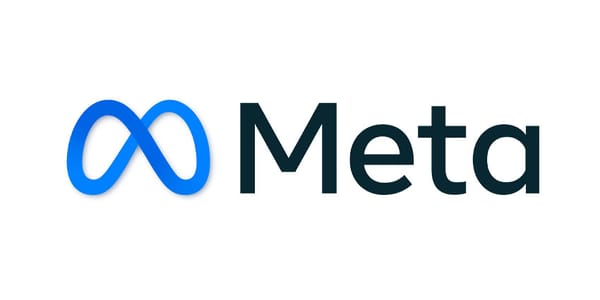Content Scraping: Legal & Ethical Implications of Data Extraction
Explore the legal and ethical concerns of content scraping. Understand the implications of data extraction from websites and its impact on businesses and creators.

Content scraping, or the practice of extracting data from websites, raises both legal and ethical issues. This article will explain what content scraping is, how it is commonly used, and the potential consequences of scraping content without permission.
Content scraping involves using automated tools to collect data from websites. While scraping can be useful for aggregating information or research purposes, it often involves legal risks, especially when dealing with copyrighted content. Many websites have terms of service that explicitly prohibit scraping, and violating these terms can lead to legal consequences.
Legal Implications include potential copyright infringement and breach of terms of service agreements. For example, scraping content from a news website without permission could result in a lawsuit for copyright infringement. The article will discuss various legal cases involving content scraping and the outcomes of these disputes.
Ethical Concerns revolve around data privacy and the fairness of using scraped content. Scraping can infringe on the rights of content creators and raise questions about the responsible use of data. Ethical scraping practices involve respecting website policies, obtaining permission where necessary, and ensuring that the scraped data is used responsibly.
Through examples and case studies, this article will provide readers with a comprehensive understanding of content scraping, its legal and ethical implications, and best practices for responsible data extraction.




